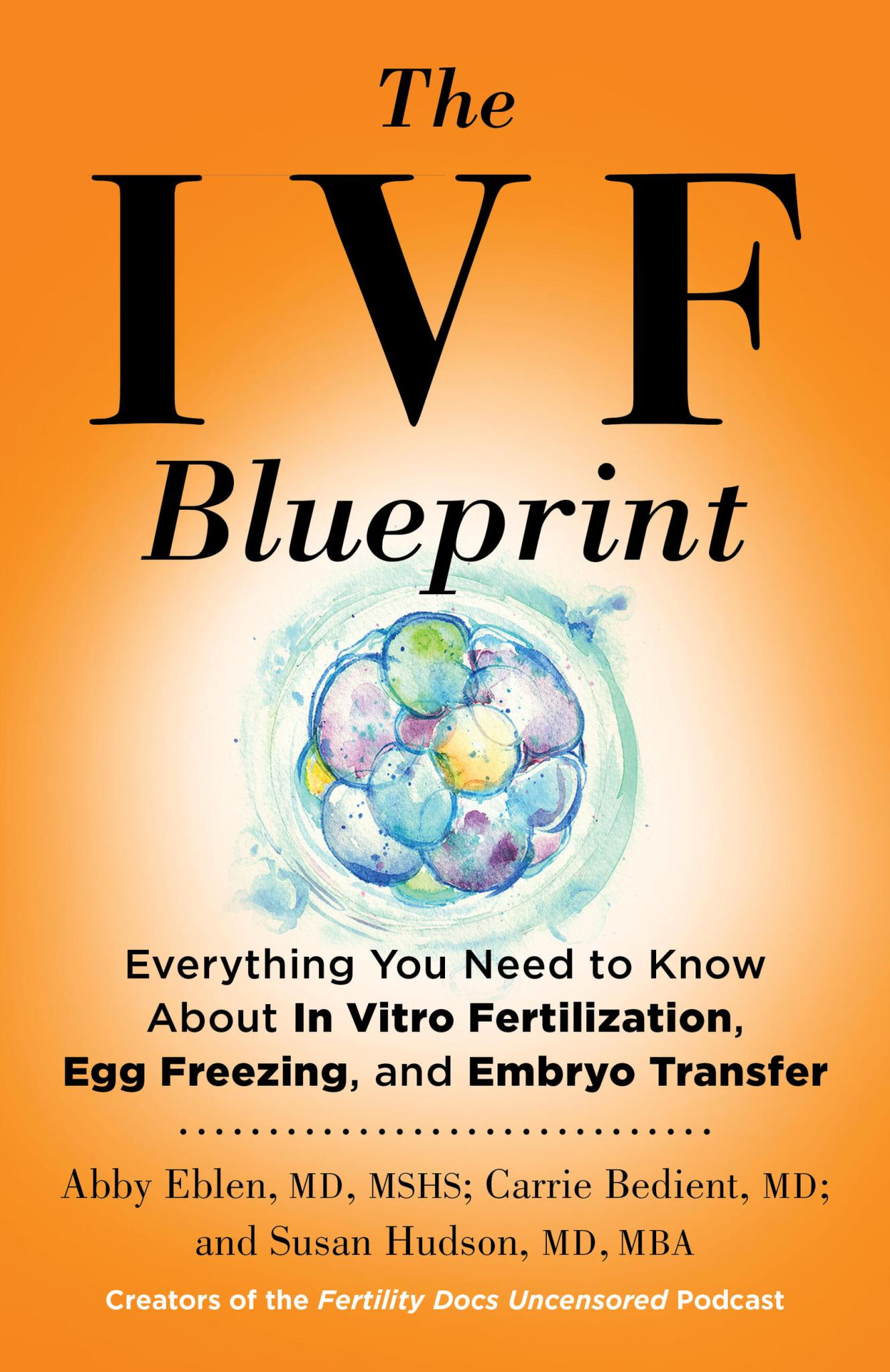Egg freezing gives women more reproductive choice—but timing, costs and success rates mean it’s not a guaranteed plan.
The following is an excerpt from The IVF Blueprint: Everything You Need to Know about In Vitro Fertilization, Egg Freezing, and Embryo Transfer, out Sept. 23, 2025.

More and more younger women want to do preventative egg freezing to increase the odds that they can have the family of their dreams—but later. The average age American women start having children has been increasing for decades; that’s not news. But there are some things you should know if you are considering taking the icy plunge.
Egg freezing allows fertility preservation even if you are not ready to be pregnant now, allowing you to take matters into your own hands. It enables you to preserve your ability to have genetically-related children later in life, while freeing you for other pursuits such as careers, seeking increased financial stability or simply finding the right partner without the pressure of the biological clock. It may permit women who partnered later in life to have a second or third child, even if conceiving the first child is uncomplicated.
Ideally, it is best to consider egg-freezing when you are under 35 to maximize both egg quality and quantity. The challenge for younger patients is freezing eggs at a point where you get maximum success without overkill.
If there is still a high probability that a woman will conceive naturally, the time and money dedicated to egg freezing may be best spent elsewhere. The goal of freezing eggs is to ensure a high probability of success in the future, but not to freeze so early as to render the time, effort and expense unnecessary. In our estimation, between ages 31 and 34 is a sweet spot to freeze: early enough to avoid a decline in quality, but late enough to be potentially useful. We can freeze eggs earlier, but there is a reasonable chance you aren’t going to need them after all.
The most important concept of egg cryopreservation is that it is a backup plan, but not a foolproof one.
This doesn’t mean we can’t freeze eggs after the age of 35, but we must consider the limitations of older eggs. Throughout the process of an IVF cycle, we see a “funnel effect” where 20 retrieved eggs may result in only one or two babies. This progression and decrease is entirely normal and expected. With increasing age, the quality of eggs declines, further limiting those numbers. Because of this, older women may need multiple rounds of egg retrievals to achieve pregnancy. Your goals for having children also influence your decision. Whether you desire one child versus three or whether an egg donor is an acceptable alternative can have a huge impact.
Egg freezing differs from traditional IVF in that the work ends immediately after the eggs are retrieved. The lab determines if they are mature and freezes them the same day. When you are actually trying to have a baby, the lab combines the eggs with sperm and monitors them in culture for a week. Embryo culture may be followed by a biopsy for genetic testing just before embryos are frozen. A transfer cycle will follow shortly after that. If you freeze eggs, you will ultimately go through those same steps, but it may be several years between egg retrieval and the remainder of the process. It tends to take a few more frozen eggs than fresh eggs to create an embryo but the number of embryos will be comparable. The chances of having a chromosomally normal embryo, miscarriage rates and pregnancy rates are tied to the age you froze your eggs, not your current age.
The major difference between egg freezing and embryo creation is when you know the outcome. With traditional IVF, knowing if you have good embryos within a month of retrieving the eggs is helpful. If you do not have embryos for transfer, you can immediately retrieve more eggs. In an egg preservation cycle, you will not know about embryo development potentially until years later. At that point, it may be too late to go back and collect additional eggs. A woman who goes through the initial egg retrieval for cryopreservation before age 35 and does not use them until years later will have a success rate within the 60-70 percent range. That high success rate drops closer to 20 percent if she needs to collect a new batch of eggs at age 40.
The most important concept of egg cryopreservation is that it is a backup plan, but not a foolproof one. Due to a myriad of factors, a live birth is not guaranteed from any fertility treatment. The sooner you take definitive action to establish a family, the more likely your desire becomes a reality.
Abby Eblen, MD, MSHS, is board-certified in obstetrics, gynecology, reproductive endocrinology and infertility. In 2022, 2023 and 2024, she was named as one of Nashville’s Top Docs by Nashville Lifestyle magazine. In 2023, her practice, Nashville Fertility Center, was named the 13th best fertility practice in the U.S. by Newsweek magazine. She is currently an assistant professor for the University of Tennessee, Nashville OB-GYN Residency program.
Carrie Bedient, MD, is board-certified in obstetrics, gynecology, reproductive endocrinology and infertility. Dr. Bedient is the director of reproductive endocrinology and infertility at Mountain View OB-GYN residency and a clinical assistant professor for the Kirk Kerkorian College of Medicine at University of Nevada Las Vegas. She currently is also a partner and director of egg donation at the Fertility Center of Las Vegas.
Susan Hudson, MD, is board-certified in reproductive endocrinology, infertility, obstetrics and gynecology. Dr. Hudson practices at Texas Fertility Center in New Braunfels and Corpus Christi, Texas. She currently serves as medical director for an Ovation-network andrology lab within her clinic. She served as chair for the Texas Medical Association Council on Practice Management Services in 2019-2021 and is an active member of the American Society of Reproductive Medicine and the Comal County Medical Society.
Great Job Abby Eblen & the Team @ Ms. Magazine Source link for sharing this story.




